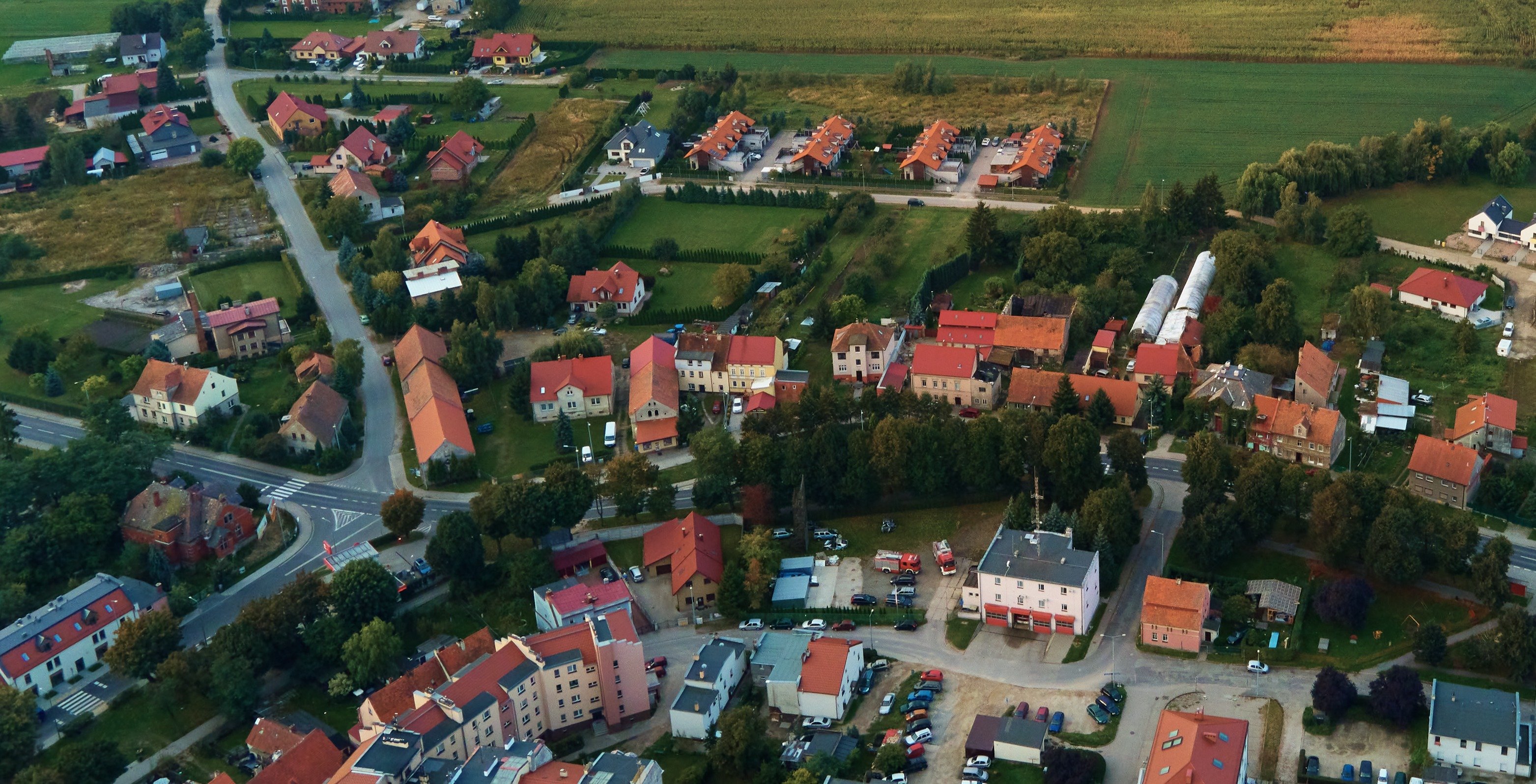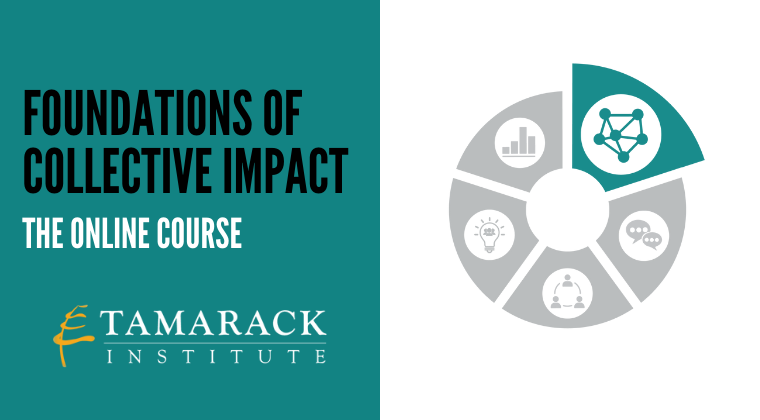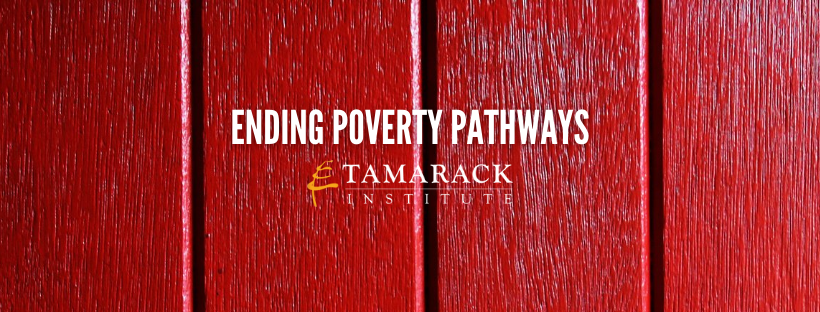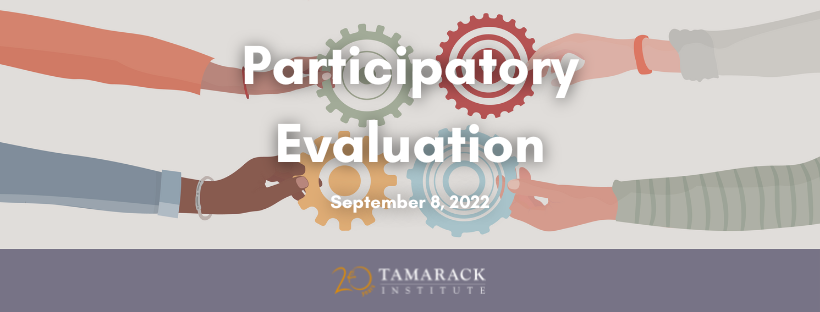There are times when a crisis comes with force and requires immediate action and leadership. A recent example of a crisis requiring focused leadership was the wildfires in Alberta and British Columbia. In this instance, the entire community was in imminent danger, and actions needed to be swift and purposeful.
For an overview of the questions asked to the speakers and where to find them in the recording, please see the YouTube description.
A slow-rolling crisis is different. In a slow-rolling crisis, the whole population is not immediately at risk. Instead, it is usually a subsector of the community, often individuals with no voice or access to power, who bear its brunt first and longest. There are many slow-rolling crises in Canada: poverty, homelessness, opioid substance usage, and poor mental health are but a few examples. In each case, a small percentage of the population is affected. The issues at play are also complex and require different solutions to achieve lasting results.
Join Ed Michalik and Liz Weaver in a lively conversation about the challenge of ending a slow-rolling crisis. Ed will share lessons learned from the Northside, Cape Breton, a community struggling with harmful substance use, low trust, and crumbling institutions. He will explain how to identify a slow-rolling crisis and how difficult it can be to create a sense of urgency around solving it. Urgency and an endpoint are two critical factors in ending a slow-rolling crisis. They are often difficult to discern, which is why slow-rolling crises tend to linger.
Speakers: Ed Michalik and Liz Weaver
For More Information:
- View the slide deck here
- View the Q&A webinar responses here
- Read Substance Use in Our Community: How to Move Forward, Inspiring Communities, Nova Scotia
- Read On not letting another Crisis go to Waste by Tim Brodhead
-
Learn more about Ed Michalik
-
Learn more about Northside Rising Research
- Learn more about Community Discussion Guide
-1.png)







.png)

.png?width=820&name=2020%20Free%20Community%20Building%20Webinars%20820%20FB%20(1).png)





.png?width=820&name=MicrosoftTeams-image%20(9).png)



